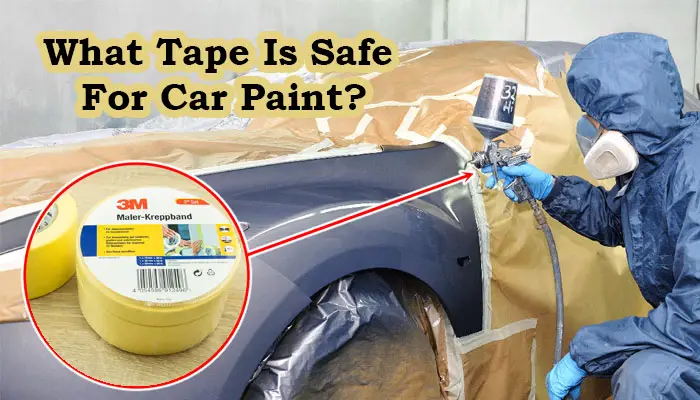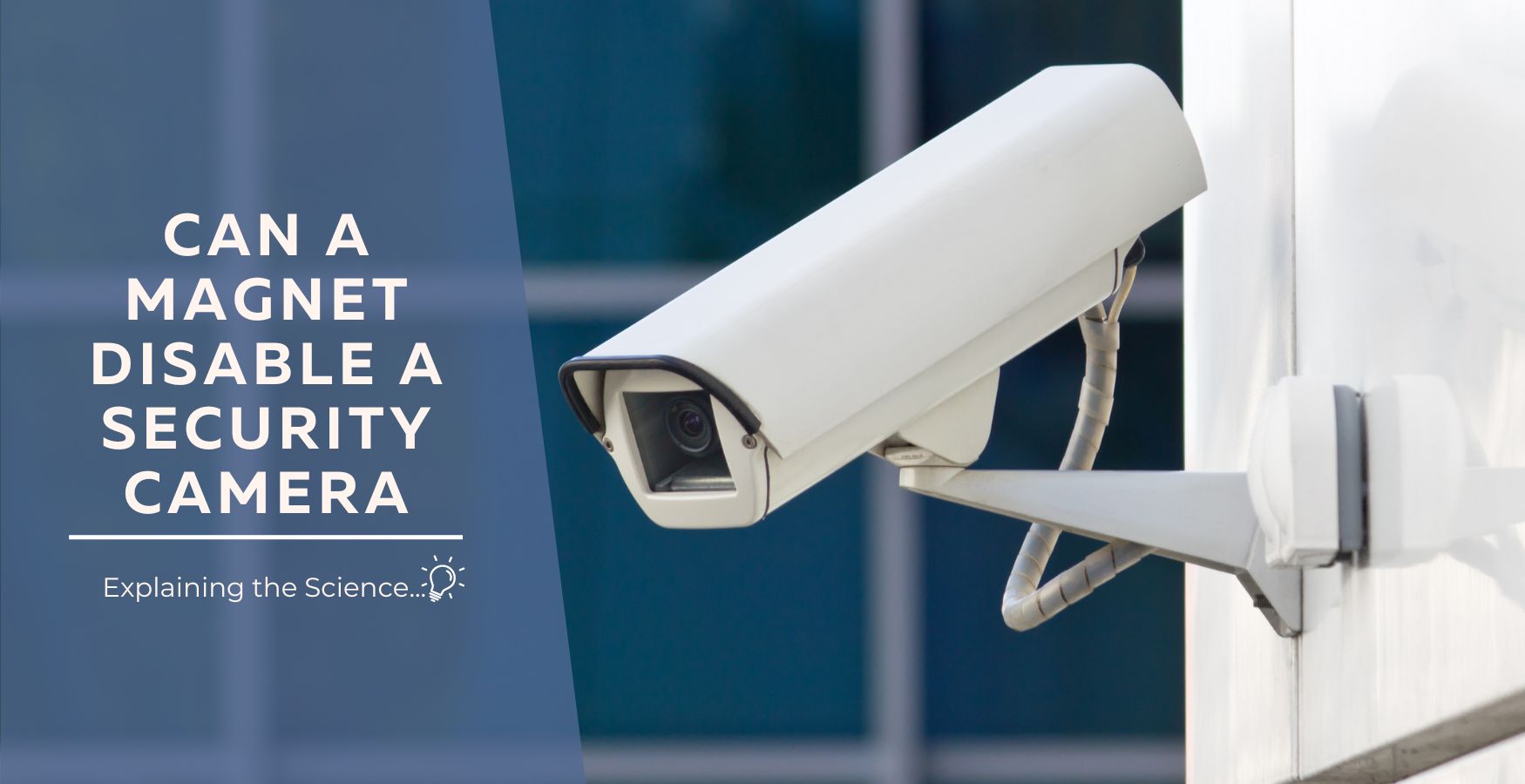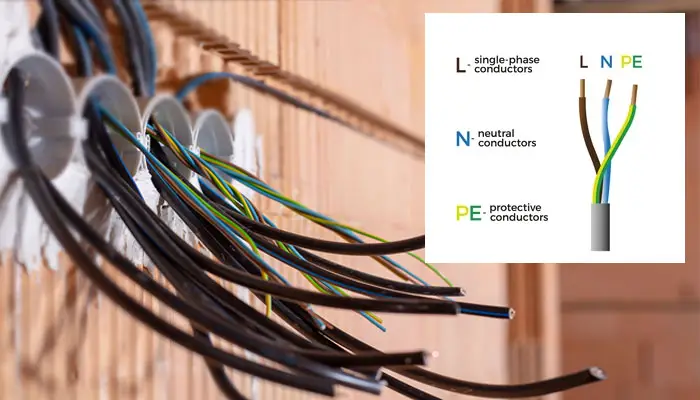Are Low Voltage Systems Safe?
- By Infoik
- 11 Oct, 2022
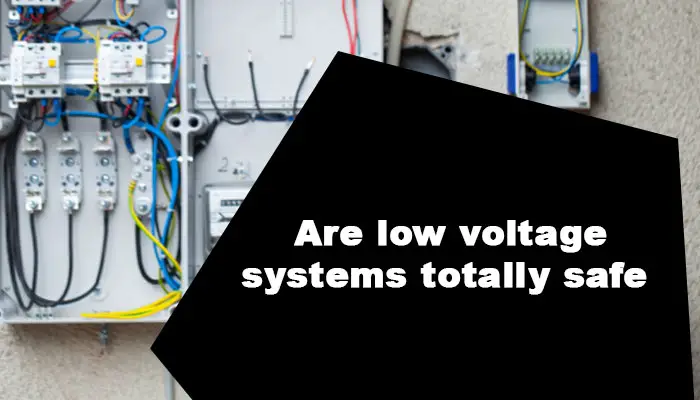
Are low voltage systems totally safe?
The short answer is yes; low voltage systems are much safer than standard ones. This is because the lower voltage means less risk of electrocution or fires. However, it is still essential to be aware of the potential hazards and take precautions when working with any electrical system.
The Benefits of Low Voltage Systems

There are many benefits to using low-voltage systems, both in terms of safety and efficiency. Some are listed below:
- Reduced Risk of Electrocution: As mentioned above, the lower voltage in low-voltage systems means less electrocution risk. This is a significant safety benefit, as electrocution is one of the most common risks associated with electrical work.
- Reduced Risk of Fire: Another significant benefit of low voltage systems is a reduced fire risk. This is because the lower voltage means less heat generated and less chance of igniting flammable materials.
- Increased Efficiency: Low voltage systems are also more efficient than standard voltage systems, as they require less energy to operate. This can lead to significant cost savings, especially in commercial and industrial settings.
Despite the many benefits of low-voltage systems, it is essential to remember that they are still electrical systems and should be treated with caution.
The Potential Hazards of Low Voltage Systems
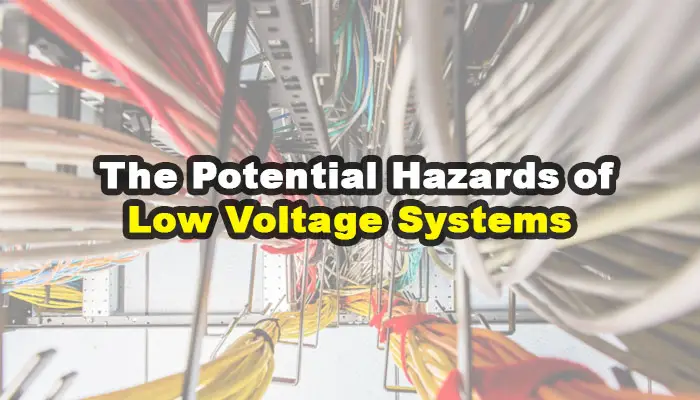
Some of the potential hazards that you should be aware of include:
- Working with live electrical wires can still be dangerous and should be done with caution
- Low voltage systems can still cause fires if not installed properly
- If you are unfamiliar with electrical work, it is best to hire a professional to do the job for you.
Overall, low voltage systems are much safer than standard voltage systems, but it is still essential to be aware of the potential hazards. If you are unfamiliar with electrical work, it is best to hire a professional to do the job for you.
The operation of low-voltage electrical equipment and systems
The process of low-voltage electrical equipment and systems is essential for the comfort, convenience, and safety of people in their homes, workplaces, and leisure activities. Low-voltage equipment and methods are used in various applications, from powering electric toothbrushes to operating industrial machinery.
Is low voltage harmful?
No, low voltage is not harmful. On the contrary, it is much safer than standard voltage because there is less risk of electrocution or fires.
Is low voltage bad for appliances?
No, low voltage is not bad for appliances. It is much safer than standard voltage because there is less risk of electrocution or fires. However, it is still essential to be aware of the potential hazards and take precautions when working with any electrical system.
Low voltage safety precautions
Some of the potential hazards that you should be aware of include:
- Working with live electrical wires can still be dangerous and should be done with caution
- Low voltage systems can still cause fires if not installed properly
- If you are unfamiliar with electrical work, it is best to hire a professional to do the job for you.
Overall, low voltage systems are much safer than standard voltage systems, but it is still essential to be aware of the potential hazards.
FAQs:
Can low voltage start a fire?
Yes, low-voltage systems can cause fires if not installed correctly.
Is low voltage a hazard?
No, low voltage is not a hazard. On the contrary, it is much safer than standard voltage because there is less risk of electrocution or fires.
What is the lowest voltage that can harm a person?
The lowest voltage that can harm a person is about 50 volts.
Is low voltage a problem?
No, low voltage is not a problem. It is much safer than standard voltage because there is less risk of electrocution or fires.
Can you get electrocuted by low voltage?
Yes, you can get electrocuted by low voltage if you come into contact with live electrical wires.
Can you get an electric shock from low voltage?
Yes, you can get an electric shock from low voltage if you come into contact with live electrical wires.
At what voltage do you feel a shock?
You will feel shocked when the voltage is between 50 and 60 volts.
Is it dangerous to touch a low-voltage wire?
Yes, touching a low-voltage wire is dangerous because you can get electrocuted.
What is the minimum voltage to get shocked?
The minimum electrical current voltage to get a shock is 50 volts.
How much voltage is safe for humans?
The safe voltage for humans is between 50 and 60 volts.
Final Thought:
Overall, low voltage systems are much safer than standard voltage systems, but it is still essential to be aware of the potential hazards. If you are unfamiliar with electrical work, it is best to hire a professional to do the job for you.




